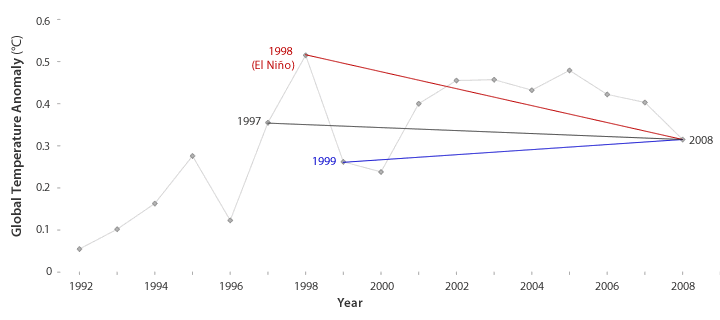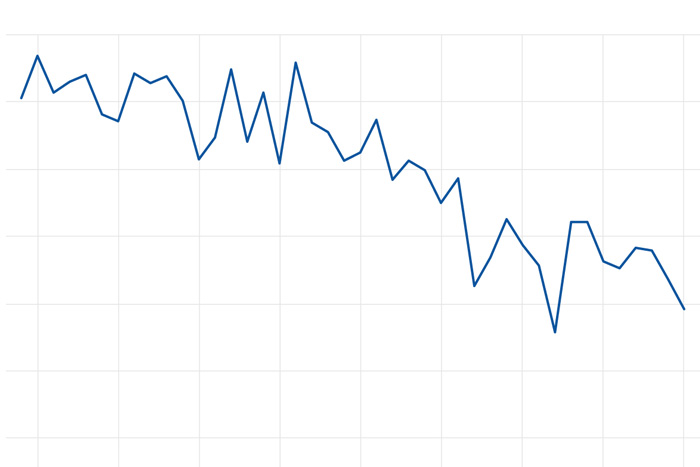
Has global warming stopped? That's what some people claim, based on global temperatures recorded since 1998. But, scientists say, not setting a new record high temperature each year doesn't mean the globe is cooling.

Has global warming stopped? That's what some people claim, based on global temperatures recorded since 1998. But, scientists say, not setting a new record high temperature each year doesn't mean the globe is cooling.

The amount of sea ice that survives the Arctic summer has declined by 13 percent per decade since the start of the 43-year satellite record.
The past decade has been the region’s warmest since at least 1900.
Scientists report that ice seals have recovered from mass mortality events in the 2010s. Body condition, pregnancy rates, and pup survival all indicate populations are doing well.
Large parts of the North American Arctic had their shortest snow-covered season on record, while parts of Eurasia had a longer-than-average snow-covered season.

October 8, 2024
The lowest 18 sea ice extents on record have all occurred in the last 18 years (2007–2024).

The precise year of the first "ice-free" Arctic summer will likely come down to weather events. For people and other life in the Arctic, the exact timing matters less than the long-term trend.